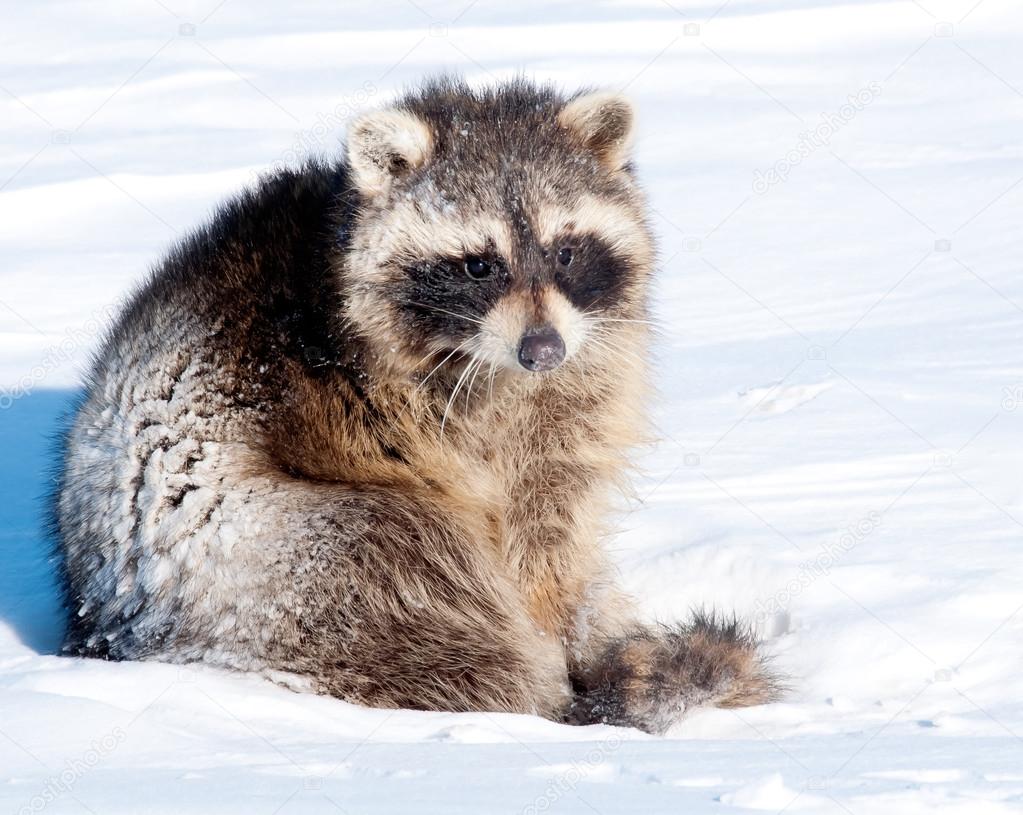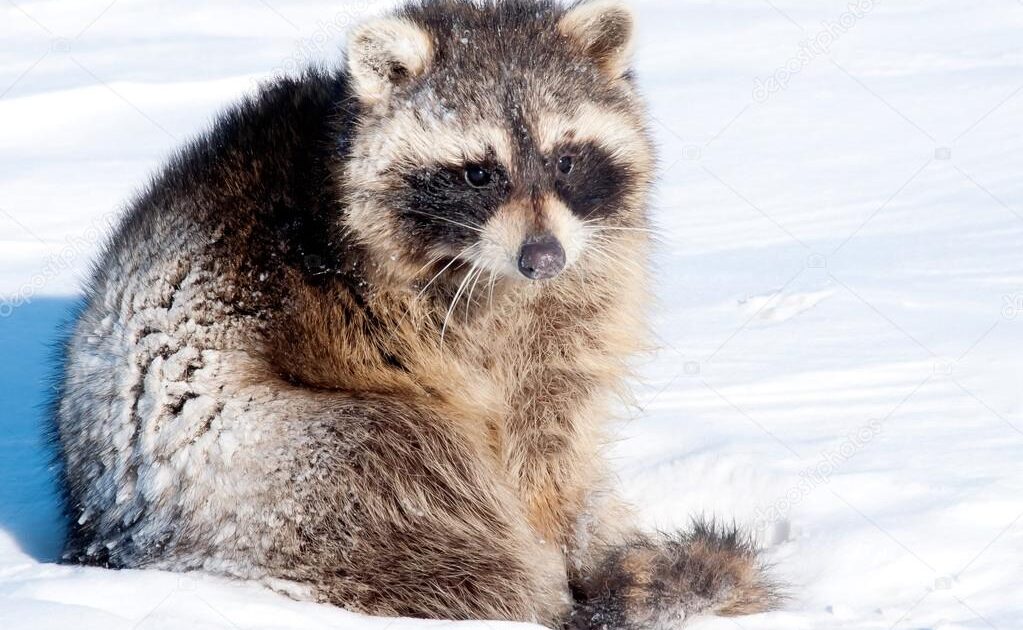Winter is a time of hardship for many wildlife species. It brings food scarcity and challenging climate that creates a need for refuge. One particular species of wild animal, raccoons, have perfected the art of surviving this difficult season. The nature of these animals necessitates the use of professional raccoon removal services when they encroach on human-occupied territory.
Raccoons- Nature’s Definition of Adaptability
Raccoons are adaptable biologically and behaviourally. It is these two features that have allowed them to survive over the centuries while other animals did not.
Since they are omnivorous, raccoons eat just about anything. Plant-based foods like berries and vegetables or meat-based foods like eggs and insects. The commercial foods we discard in bins are also perfect for them!
Raccoons are biologically engineered to survive the harsh winter climate. Their bodies accumulate fat to last throughout the winter when they may lose 14-50% of their body weight. In addition to storing body fat, the animals grow a thick warm fur that effectively protects their bodies from the cold.
Raccoons bundle up to survive the cold of winter.How Raccoons Prepare for Winter
As cold weather approaches, raccoons seek out dens that can provide warm havens for the winter. In seeking a den they are just as opportunistic as they are when seeking food. In the wild their first choice is usually a hollowed out tree or a cave, usually, these dens were established by other animals before raccoons took over. In the urban setting, raccoons opt first for abandoned buildings when seeking dens for the winter. Occupied homes, however, are not off limits, as raccoons will do what it takes to survive. This is where your garage or attic comes into the picture.
How Raccoons Manage During the Winter
In addition to their genetic makeup, raccoons have developed habits that make them more likely to survive winters than many other wildlife animals. One such habit is their version of hibernation termed torpor by experts. Interestingly raccoons that live in areas that feature warm winters do not go into torpor.
During torpor, raccoons reduce their activity levels but do not go totally dormant like animals in hibernation do. A raccoon in torpor will venture out to forage only on those days that have warmer temperatures after which the animal will then return to the den to continue its state of repose, which can last for weeks. During this long-term sleep, the raccoon’s body uses less energy as its body temperature falls and insulin production lessens triggering lower levels of blood sugar.
Raccoons in Your Home?
Since the animals go into torpor during the winter, it may take a while for you to recognize that you have a raccoon in your home. If you find yourself unwittingly hosting a raccoon on your property this winter, don’t hesitate to contact Skedaddles animal control raccoon removal services quickly and effectively manage the situation. Skedaddle’s assess, remove, and clean & protect services will ensure that you have a raccoon free winter and as a bonus may keep other little animals away as well.






